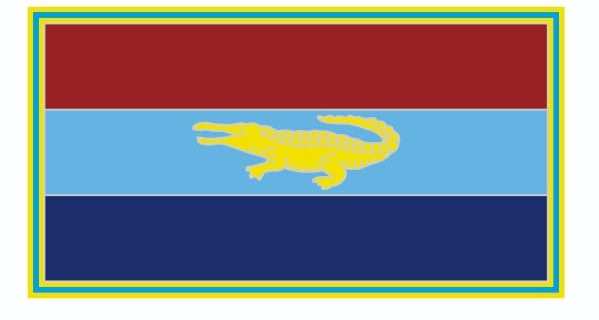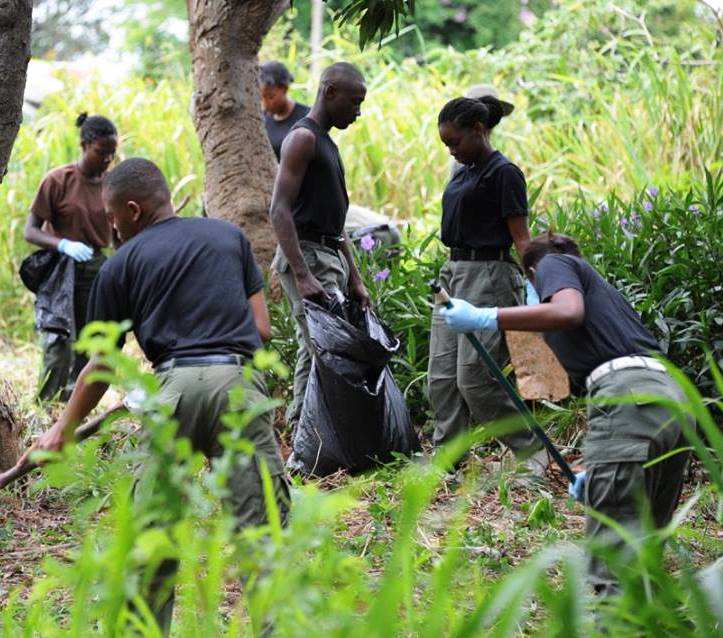Cadet Training embraces programmes to develop discipline, leadership and community service. Some components of military discipline are utilized in the methodology of training.
Drill: This facilitates the development of sharp and meaningful responses to orders and underscores respect for authority, co-operation, unity of purpose and co-ordination of effort.
Map Reading: Knowing and being able to identify terrains and physical features of the environment with the use of map and compass is an important skill learnt by Cadets.
Section Leading: To enhance the leadership and tactical capabilities of the Cadet. An example is carrying out a Reconnaissance which can be a very useful component in Neighbourhood Watch activities. This aids the Cadet in employing the appropriate strategy in providing leadership for a group of workers on a project.
Sea Training: A useful pre-requisite for those who would wish to make navigation a career. Additionally, Cadets are trained in swimming, ditching and basic boat handling.
Aeronatics Training: This is a useful pre-requisite for Cadets who aspire to become an Aircraft Pilot, Aircraft Crew Member or Aircraft Technician. Cadets are given the opportunity to achieve their basic Pilot's Licence whilst in school.
Band/Drum Corps: Learning to play a musical instrument and read music provides the Cadet the opportunity of building a foundation for a musical career. Musicians within the Cadet Force gives service in providing musical rendition at civic and private functions. Additionally, Cadets receive certifications through the Associated Board of the Royal School of Music.
Skill Training: To provide the youngsters with marketable skills which can be pursued into a lifelong career goal. These skills include but are not limited to carpentry,electrical, welding and plumbing.
Mess Etiquette Training: Dinning skills are very important as the Cadet enter into new social and formal settings. This will allow the Cadet to dine with confidence as they master the basic rule of table etiquette and understanding the correct placement of dishes, utensils and glassware.
Medical Training: Cadets are trained to be first responders in sustaining life after serious injuries. Cadets are taught how to assess a situation, make an area safe, apply the necessary basic treatments, get help and report to the medical practitioners.
Weapon Training: To develop an appreciation for weapons such as rifles and pistols, safety precautions and the laws governing their use. Cadets must understand the dangers resulting from safety breach and unauthorized use. Competitive shoot prepares the Cadet to represent the force at the local and international level.












